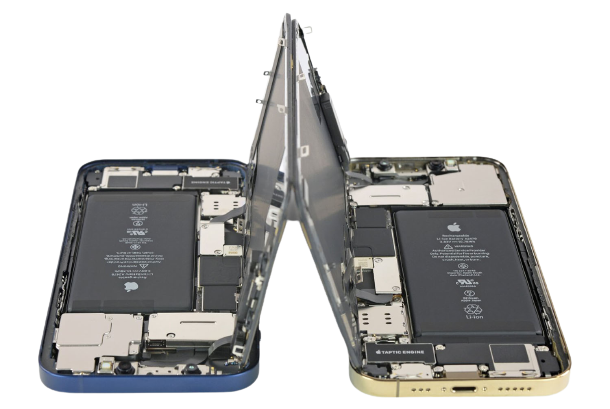Cardiothoracic surgeons perform a range of surgeries on the heart and lungs, including open-heart surgeries and minimally invasive procedures. Dr. Jon Kiev While open-heart surgeries have been the traditional approach to treating cardiovascular and pulmonary conditions, minimally invasive surgeries offer several benefits to patients. In this article, we will discuss the benefits of minimally invasive heart and lung surgeries.
One of the most significant benefits of minimally invasive surgeries is that they typically involve smaller incisions, which means less pain and scarring for patients. Traditional open-heart surgeries require a large incision that can be painful and take longer to heal. Minimally invasive surgeries, on the other hand, require smaller incisions, which reduces the risk of complications and shortens recovery time.
Another benefit of minimally invasive surgeries is that they typically involve less blood loss and a lower risk of infection. Traditional open-heart surgeries can lead to significant blood loss, which can increase the risk of complications during and after the procedure. Minimally invasive surgeries use specialized tools and techniques to minimize blood loss and reduce the risk of infection.
Minimally invasive surgeries also offer a quicker recovery time compared to traditional open-heart surgeries. Patients who undergo minimally invasive surgeries can typically return to their normal activities sooner than those who undergo open-heart surgeries. This means less time off work or away from family, which can be beneficial for patients who have busy lives.
Finally, minimally invasive surgeries are often less expensive than traditional open-heart surgeries. While the cost of the surgery may vary depending on the specific procedure and the patient’s insurance coverage, minimally invasive surgeries typically require fewer hospital stays and less follow-up care, which can result in lower healthcare costs.
In conclusion, minimally invasive heart and lung surgeries offer numerous advantages when compared to traditional open-heart surgeries. These procedures are less invasive, less painful and have a lower risk of complications, while also being more cost-effective. As such, they are becoming increasingly popular treatment options for a variety of cardiac conditions. As the field of minimally invasive surgery continues to advance, we can expect even greater benefits in the future Dr. Jon Kiev.



